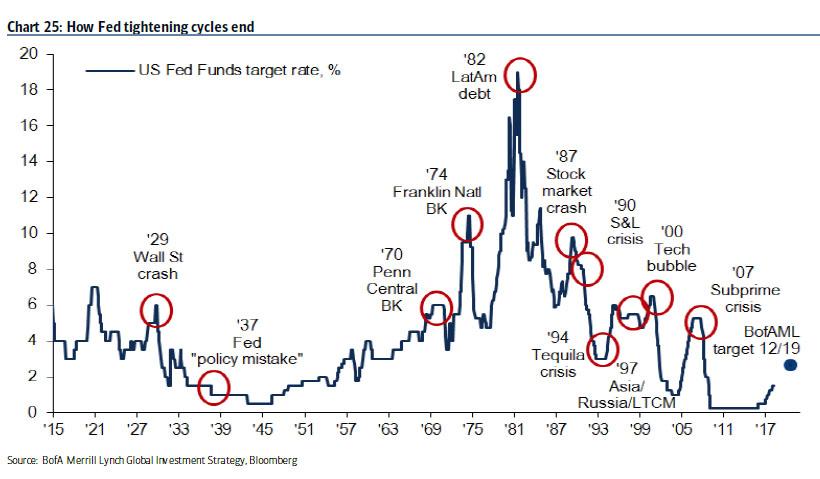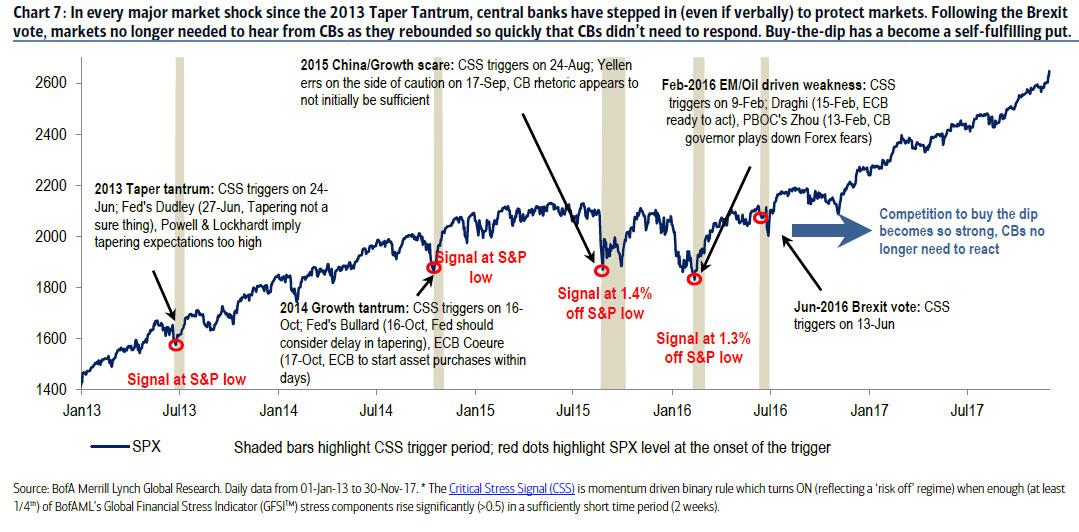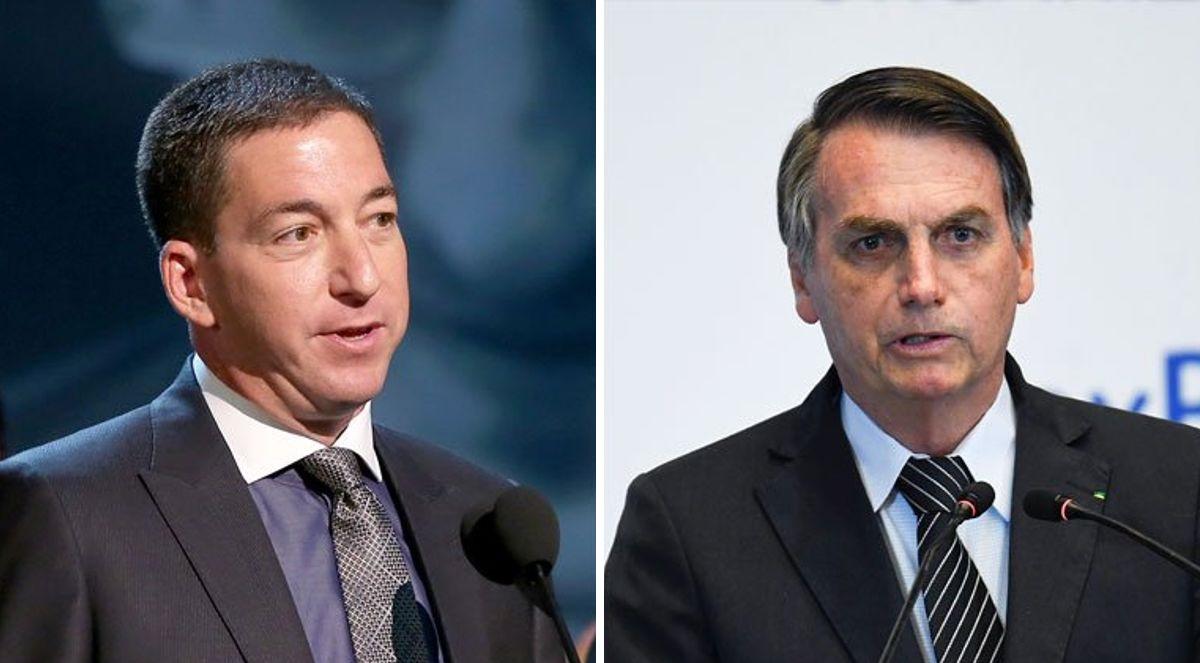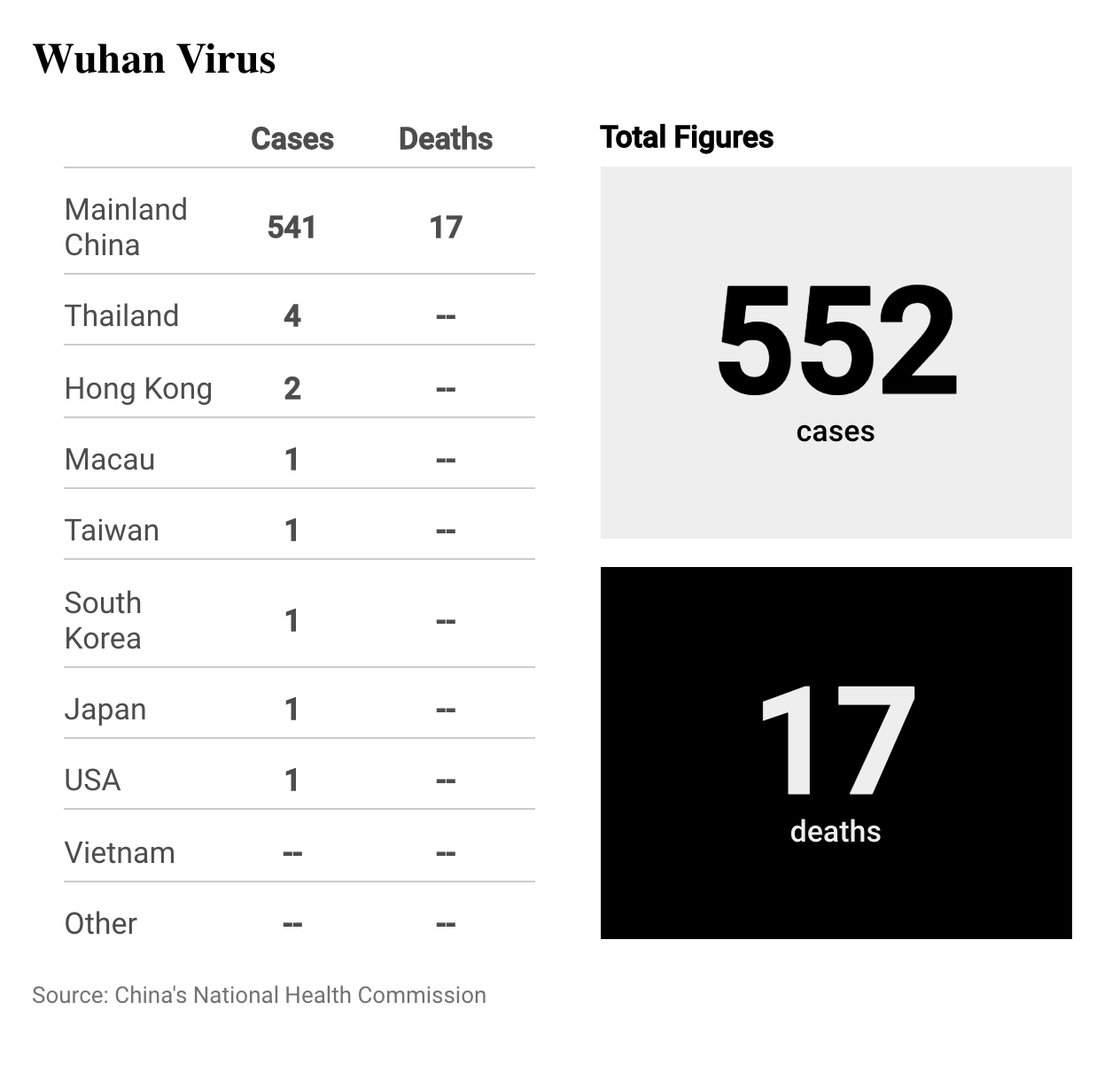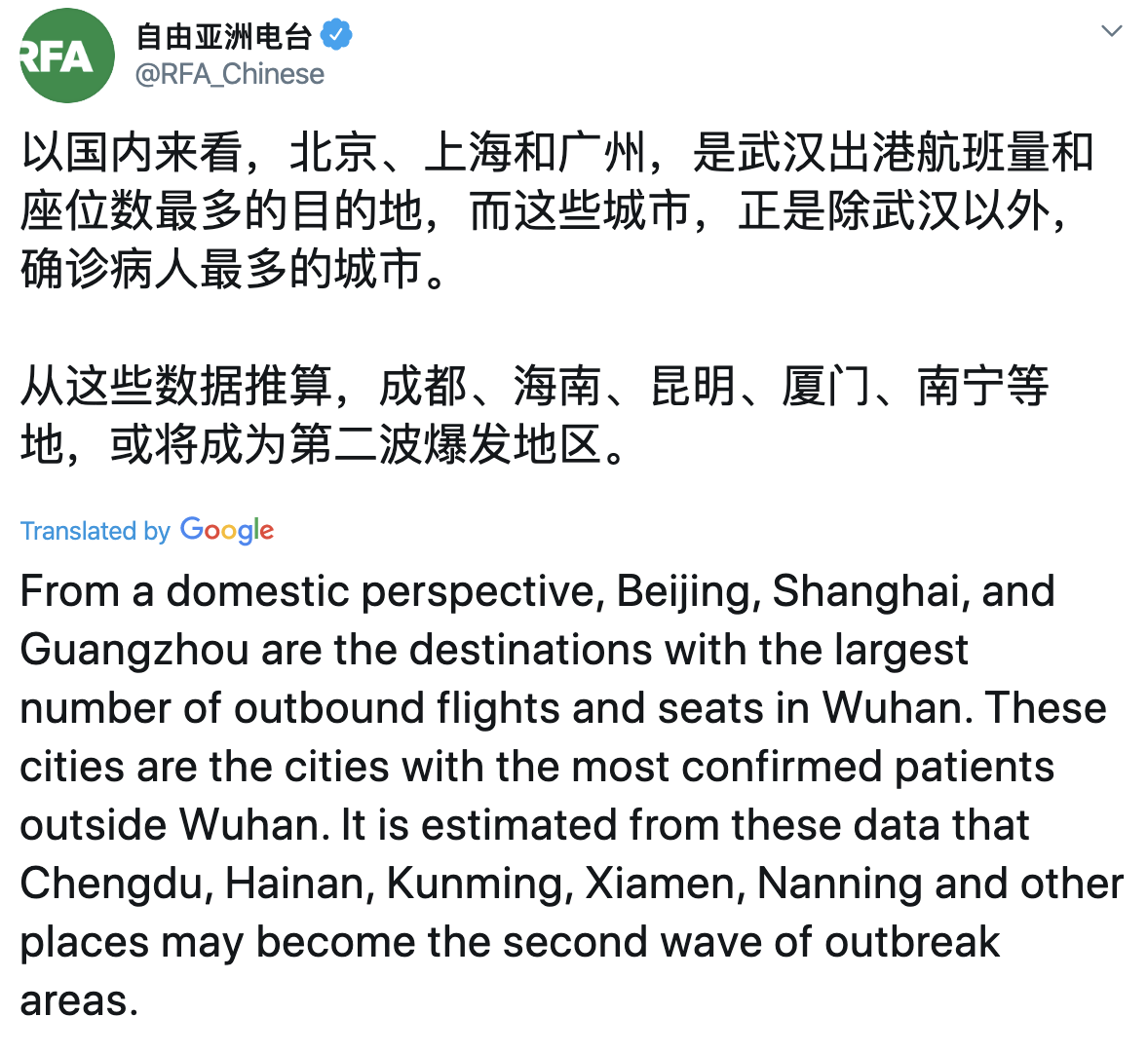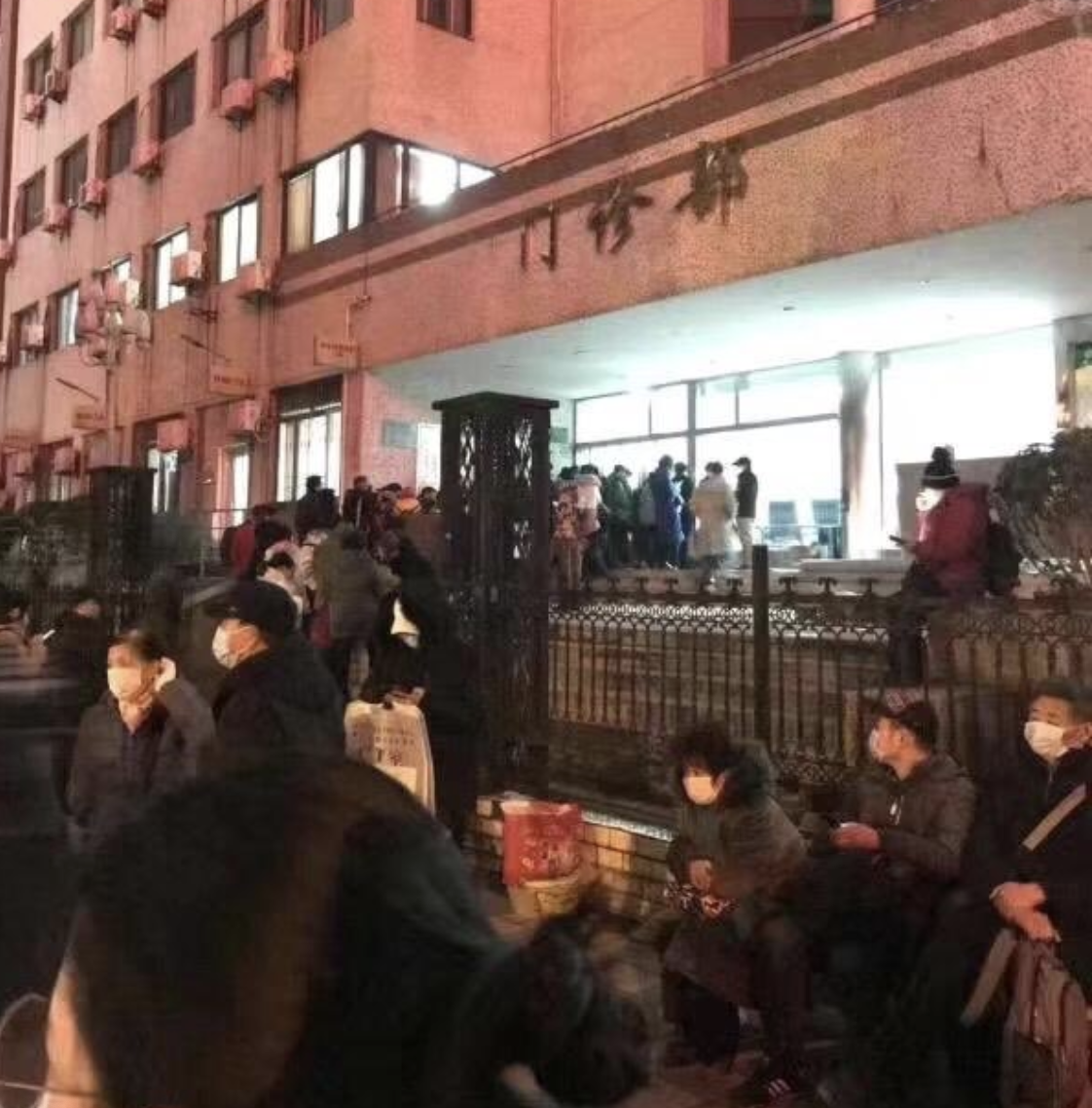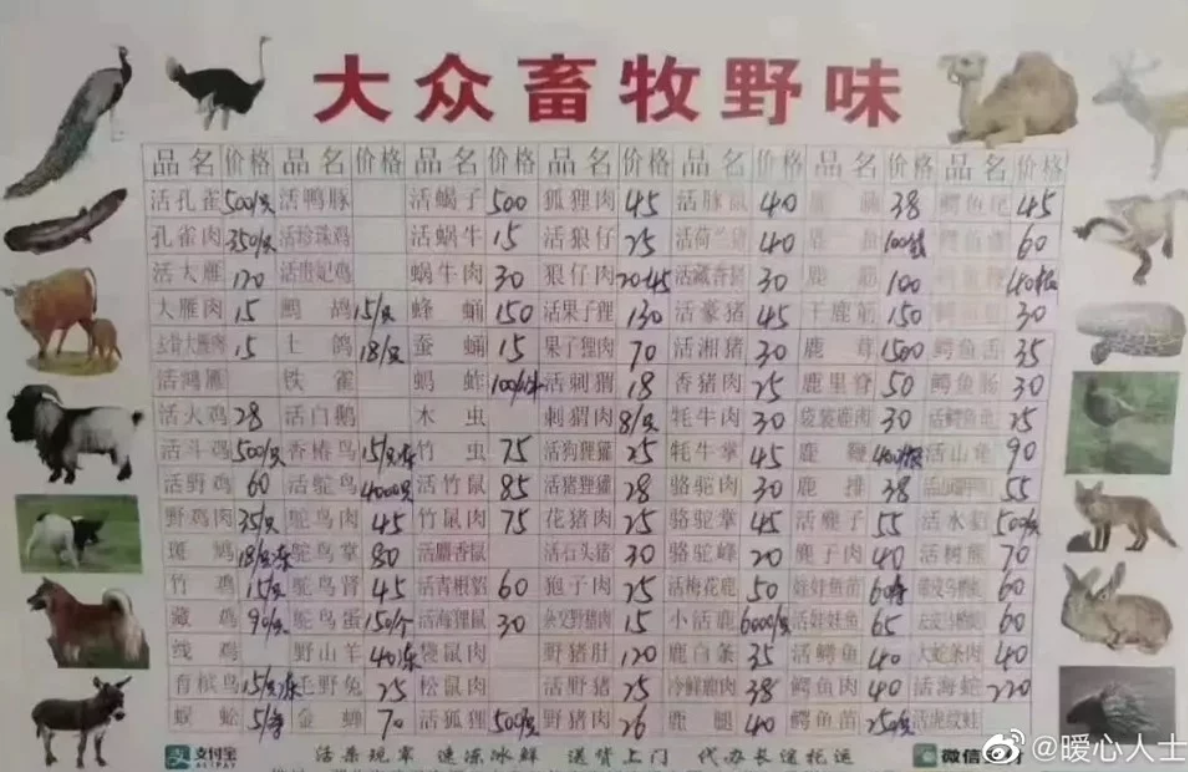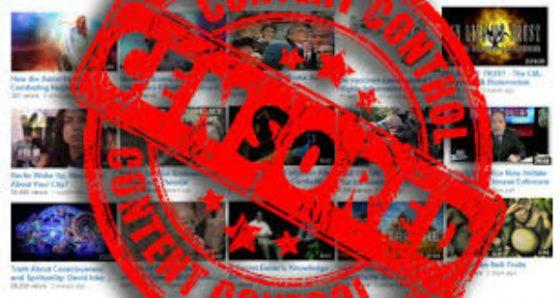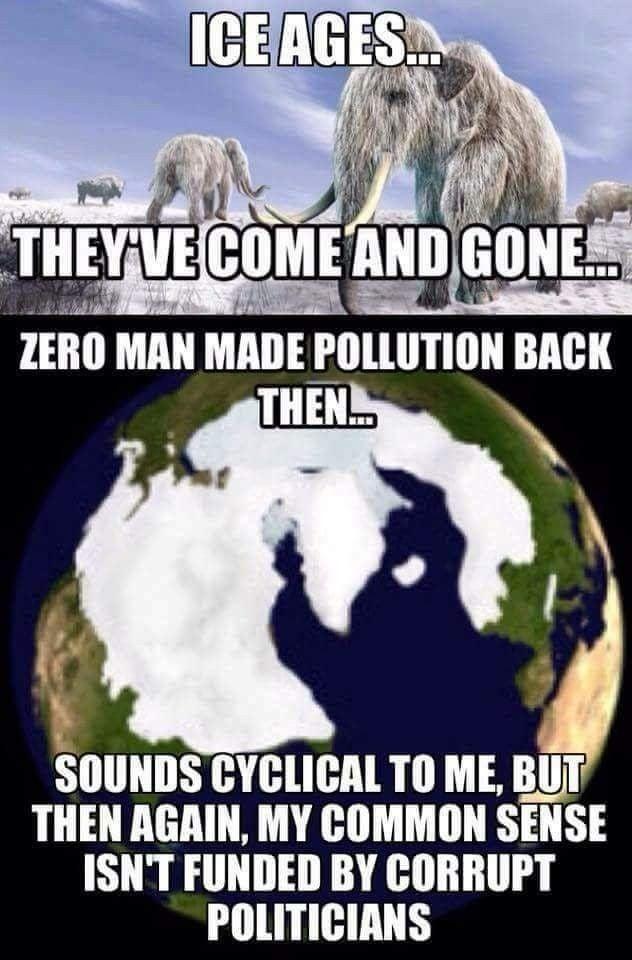California regulators want to classify acetaminophen, a common over-the-counter drug, as a carcinogen—proving that not even headache relievers are safe from government overzealousness.
The issue stems from Proposition 65, a state law requiring the Office of Environmental Health Hazard Assessment(OEHHA) to publish a list of chemicals known to cause cancer or reproductive harm. Manufacturers whose products include these chemicals must provide clear labels warning consumers of the potential harm. Prop 65’s reach is so vast that California’s list of carcinogens encompasses over 900 chemicals, prompting criticism that law imposes costly regulatory burdens and does more to confuse customers than warn them.
“We’re now dealing with the statute that is being inappropriately applied to baby food, to infant formula, to coffee,” said Karyn Schmidt, senior director of regulatory and technical affairs at the American Chemistry Council. In 2018, Schmidt argued that using ingredient disclosure as a safety measure inefficiently manages the risk of cancer.
Placing a warning label on the drug “could prevent consumers from treating their aches and pains,” or it could lead them to try “something stronger and unnecessary,” state Assemblyman Jim Wood (D-Healdsburg) told the Daily Democrat.
Oncologists have not reached a consensus about the correlation between acetaminophen and cancer risk. Cancer Prevention Research, a peer-reviewed medical journal published by the American Association for Cancer Research, found in 2011 no association between acetaminophen use and the risk of developing pancreatic cancer. Annals of Oncology last year reported no correlation between regular acetaminophen use and endometrial cancer risk in its studies.
State regulators have reviewed a total of 133 studies of the drug, which yield little consensus. These studies have limitations preventing them from drawing conclusive evidence that acetaminophen directly causes cancer. It’s not feasible to identify most acetaminophen users based on drug prescription data, for instance. Any evidence of pain associated with acetaminophen use is also dubious, as similar symptoms are associated with other analgesics.
Not only does the abundance of labels make consumers uncertain about which products actually cause cancer, but businesses face severe repercussions if their labels don’t comply with state regulations. Companies that fail to properly adhere to the regulation face hefty penalties and opportunistic litigation. Amazon has faced over 1,000 Prop 65 notices as of last August, with retailers such as Target, Walmart, and CVS also facing litigation.
The government shouldn’t force a pain-reliever to identify as a carcinogen, especially when the science is far from settled and the most likely result would be unnecessary confusion and fines.
from Latest – Reason.com https://ift.tt/2RE6OEt
via IFTTT
